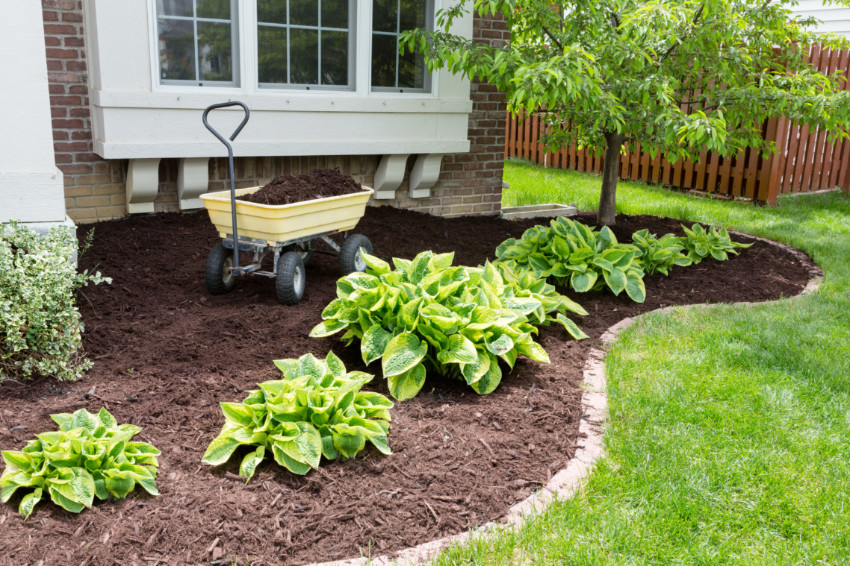Plumbing is the most important aspect in every house that is why you need to call in an Home Improvements Contractors whenever you need plumbing services. Even so, you still have the option of trying out your DIY skills on specific plumbing projects at home.
Are you prepping to try out some DIY plumbing? The following plumbing advice should count before going all out. Read on to learn a few vital plumbing tips.
1. Do Your Homework
Plumbing is a complex undertaking. A traditional apprentice plumbing course can take up to 4 years to complete. As such, it’s not the best idea for you to follow one YouTube tutorial then jump right into DIY.
Adequate research is essential before embarking on any plumbing DIY project. One of the critical pieces of plumbing advice you can ever get is to ensure that you get all your insights right before handling any projects yourself. Whether you intend to change a faucet or to unclog the sewer line, research should be top of your priorities.
Doing your homework will help you understand the basics of plumbing. Familiarize yourself with basic terminologies while also reviewing multiple sources of information on the specific plumbing project.
2. Arm Yourself With the Right Tools
You are as good as your tools. You don’t want to end up stalling halfway into a DIY plumbing project just because you are missing some tools.
If you aren’t a professional plumber, this might be a costly but necessary undertaking. It would be disastrous to start a DIY plumbing procedure without the right set of tools.
A pipe wrench, metal fire, and hacksaw are among the essential tools your box must have before any DIY. Stock up a plumber’s snake, an adjustable wrench, and channel-locks too. The right tools for the job depend on what parts of plumbing fixtures you intend to focus on.
3. Know the Basics of the Plumbing Code
Plumbers operate within a regulated field. Every registered plumber must adhere to specific local, state, national, and international regulations.
As such, your decision to undertake DIY plumbing projects may not necessarily shield you from probable accountability for negligence and liability for careless accidents.
Every year, at least 10,849 homeowners make water damage and freezing claims to their respective insurers. However, depending on the extent of liability attributed to personal negligence, your request for compensation might never be forthcoming.
The general plumbing advice every person should adopt is always to know the plumbing code and abide by it.
4. Never Over-tighten Fittings
A typical DIY undertaking that most people are familiar with is the repair of loose fittings. This is among the less intricate project that doesn’t need expert intervention.
The most basic plumbing advice when fastening fixtures is that “hand-tight is just right.” Don’t be tempted to over-tighten any fittings for whatever reason. Over-tightening of the plumbing fixtures can easily lead to broken bolts.
You don’t want to end up with stripped screws due to your use of extra force. As such, it would help to be cautious when fastening any fixture.
5. Always Second Check for Leaks
The first thing you must accept in your DIY projects is that you are a novice, which allows room for mistakes.Once you are done with any DIY projects or home renovations that touch on the piping system, it would help to take time and double-check. Sometimes you won’t notice leaks until much later.
You should revisit the area around your last project after finishing the DIY just to be sure. This allows you to observe any leaks or running water on the ground. In case you notice traces of leaks, you might need to reseal the specific area.
Leaks are notorious around the closing and opening valves. The drains also experience instances of seepage that may cause damage if left unattended.
6. Locate the Shutoff Valves
Everything that can go wrong when conducting DIY projects sometimes does happen. Most of people ultimate nightmare is to end up with an uncontrollable gush of water. You might need to have the shutoff valves ready in case of such a situation.
Shutoff valves help you to make speedy interventions in case you encounter unexpected faults in the system. It’s advisable to locate such valves immediately after settling into a new home. It would help if you always cut off the main supply of water before commencing repairs to resolve any of the common plumbing issues.
7. Request for Help
Knowing your limits as novice plumber is imperative. While you can do certain basic plumbing projects, there are specific aspects of home plumbing that require expert support. Calling in a professional ensures that you don’t take up much more than you can handle.
You might need to delineate your extent of involvement in any DIY project. If you have recently moved in into a new house, there could be a lot about the plumbing fixtures and fittings you don’t know about. It wouldn’t be advisable to jump right into repairs and adjustments in such homes.
Actions such as conducting a gas pressure test might seem easy, but one mistake when turning on the gas in your home can have negative consequences. Luckily you can call in a gas test plumber to help test and adjust the gas accordingly. Always allow professionals to handle any intricate part of the plumbing process to avoid any regrets.
Most common plumbing issues are frustrating. There’s nothing funny about a leaky faucet, a blocked sewer line, or a shutoff gas supply. Such frustrations often lead homeowners to try plumbing DIY.
Are you wondering what plumbing advice you need when trying out DIY at home? Well, there are plumbing DIY projects you can undertake on your own and others that need external support.







No comments:
Post a Comment